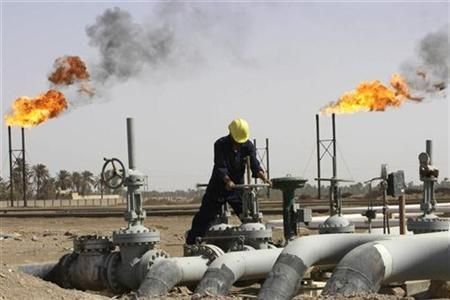By Lesley Wroughton
WASHINGTON, March 20 (Reuters) – The United States granted Iraq a 90-day waiver exempting it from sanctions to buy energy from Iran, a State Department official said on Wednesday, the latest extension allowing Baghdad to keep purchasing electricity from its neighbor.
The official said the waiver was granted on Tuesday. The last waiver for Iraq to be exempt from U.S. energy sanctions on Iran was granted on Dec. 21.
The Trump administration reimposed sanctions on Iran‘s energy exports in November, citing its nuclear program and meddling in the Middle East, but has granted waivers to several buyers to meet consumer energy needs.
“While this waiver is intended to help Iraq mitigate energy shortages, we continue to discuss our Iran-related sanctions with our partners in Iraq,” the State Department official said on condition of anonymity.
Iraq relies heavily on Iranian gas to feed several power stations, importing roughly 1.5 billion standard cubic feet per day via pipelines in the south and east.
Washington has said it wants to roll back Iranian influence in the Middle East, including in Iraq, where Iran holds broad sway over politics and trade.
Although Iraq has one of the world’s largest natural gas reserves, it has moved slowly to develop them and relied on Iran to supply it with gas and electricity.
Iran last year stopped supplying electricity to Iraq due to unpaid bills. The power shortages in Iraq sparked protests in Basra and other cities as people blamed government corruption.
Saudi Arabia has also offered to sell electricity to Baghdad at a discount, part of an effort by the kingdom to curb the influence of its rival Iran in Iraq.
“We are also continuing to work with Iraq to end its dependence on Iranian natural gas and electricity and increase its energy independence,” the State Department official said.
(Reporting by Lesley Wroughton; writing by Doina Chiacu; editing by Franklin Paul, Susan Thomas and Richard Chang)


